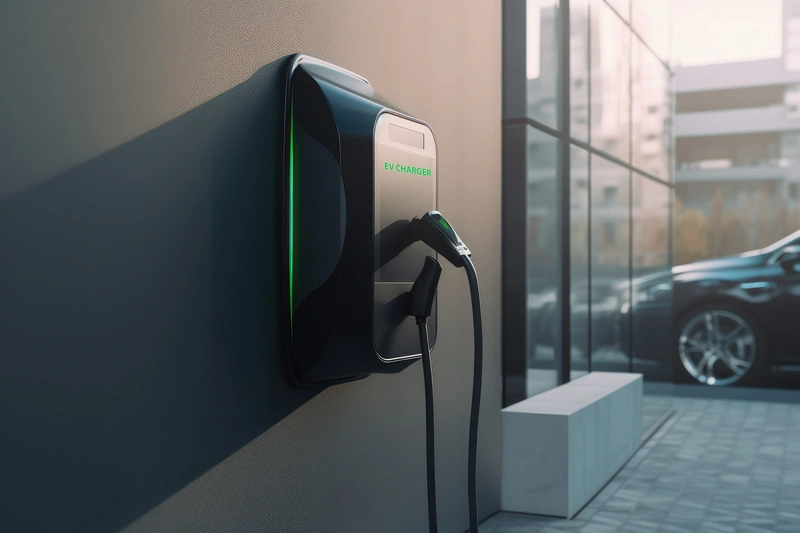- The US’s Alternative Energy has walked away from any deal
- XP Power shares trading at near 15-year lows
- Davy says ‘significant shareholder value can be created from a standalone XPP’
Electronics engineer XP Power (XPP) saw its share price plunge nearly 18% in trading on Tuesday (18 Jun), leaving the stock more than 40% lower over the past 12 months.
Having been marred by slowing orders late last year, this latest blow comes as US peer Advanced Energy Industries (AEIS:NASDAQ) walked away from making a buyout bid for the company.
Advanced Energy put out a statement this morning confirming that it has walked away, saying that it believed a £19.50 per share offer ‘captured the potential of future market recovery while factoring in near and intermediate term market and operational risks facing XP Power as a standalone company.’
WHAT’S BEEN GOING ON?
Singapore-based XP Power has repeatedly rejected multiple offers made by precision power kit peer Advanced Energy over past months, having first placed a £17 per share deal on the table more than six months ago. The most recent pitch in May 2024, at £19.50 per share, valued the UK-listed business at £468 million.
XP Power’s board refused to even discuss a takeover at what they believed was a valuation far below the underlying worth of the company. Crucial to management’s rejection is a view that the softness of customer orders is temporary and that its end markets will pick up again in time.

XP Power serves customers in industries including healthcare, defence, aerospace, rail, and in the semiconductors space.
ANALYSTS SEE HUGE RECOVERY POTENTIAL
Analysts at broker Davy believe XP Power will be proved right in the end. ‘We continue to believe that significant shareholder value can be created from a standalone XPP’, they wrote in a note to clients on Tuesday.
‘Historic operational leverage into recovering volumes is high, and we continue to expect a recovery in all end markets in 2025.’ Davy analysts have slapped a target price on the shares at £25.30, almost double the current £12.78 and 30% above Alternative Energy last offer.
XP Power stock has traded as high as £56 in the past (2021).
The company has been struggling for several months after demand for its critical power control components dipped significantly. Inventory build-ups, slow investment decisions and the ongoing technological tensions between the US and China have all hurt business and led the company to warn investors that it would miss forecasts twice in recent months, leaving the share price at its lowest ebb in nearly 15 years.


